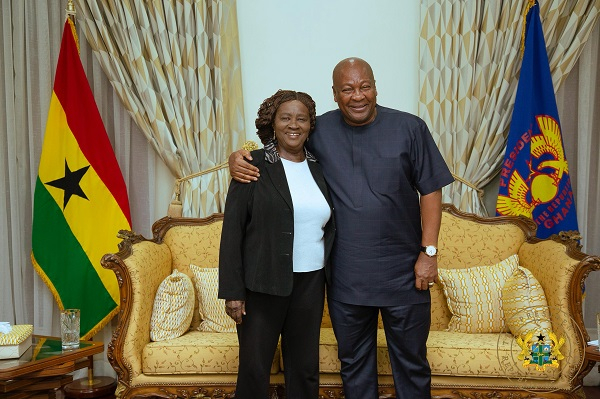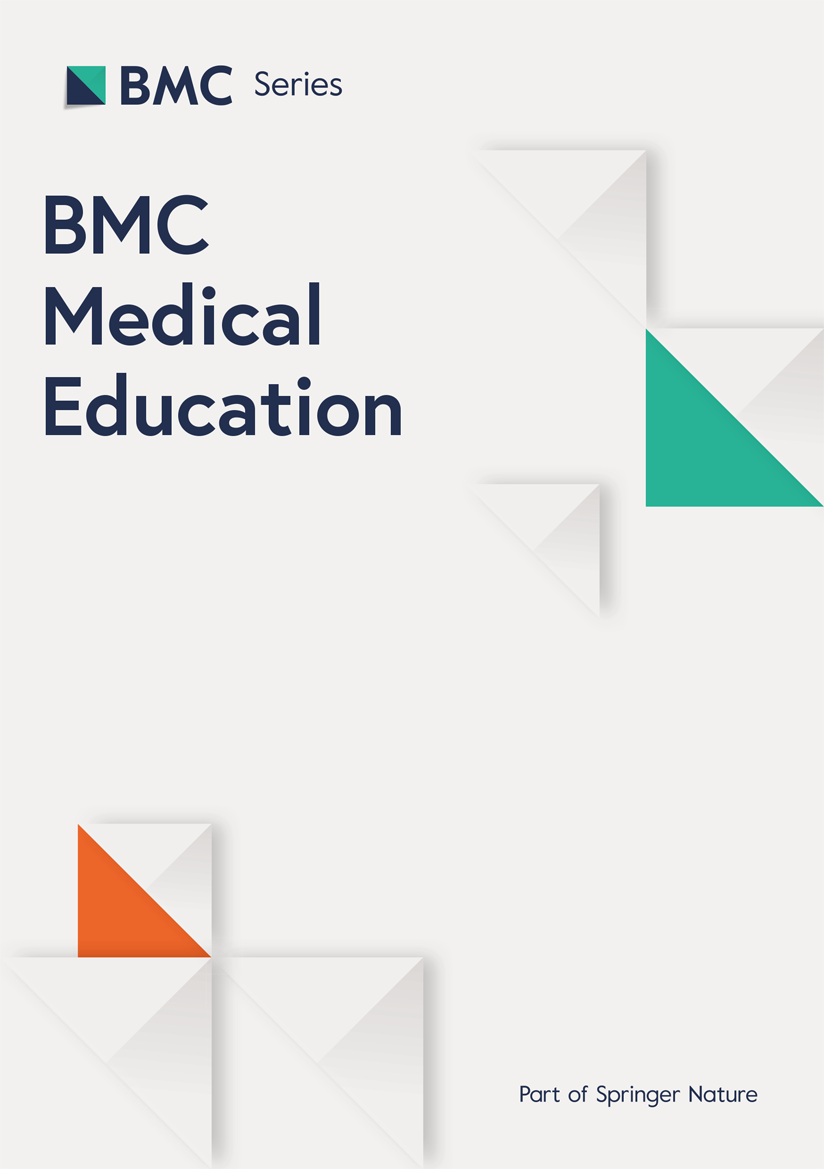AU's borderless Africa: Much talk, less action
African countries under the umbrella of the African Union (AU) since 2018 have been mouthing what to do about continental integration and economic growth. But they keep forgetting how to really get their people and trade moving across borders unhindered, BRIDGET CHIEDU ONOCHIE reports.
Seven years after adopting the African Union (AU) protocol of the Treaty on Free Movement of Persons, Right of Residence and Establishment, its poor compliance has cost the continent an estimated $22 billion yearly.
The 2024 Africa Visa Openness Report, which highlighted the contradiction between the AU’s quest for regional integration and visa restrictions by member-countries, also informed that an additional $206 billion and over five million tourism-related jobs have been lost to non-liberalised visa policies imposed by member-countries against citizens of other countries within the continent.
Adopted by the 30th Ordinary Session of the Assembly of Heads of State and Government of African Union member-states, which took place in 2018, in Ethiopia, Addis Ababa, the treaty is aimed at eliminating obstacles to the movement of citizens and goods.
The goal, among others, is to foster integration and economic growth among regional economic communities recognised by the AU, which include, the Arab Maghreb Union (AMU), Common Market for Eastern and Southern Africa (COMESA), Community of Sahel-Saharan States (CEN-SAD), East African Community (EAC), Economic Community of Central African States (ECCAS), Economic Community of West African States (ECOWAS), and the Southern African Development Community (SADC) by eliminating movement obstacles across borders.
Unfortunately, the AU passport, a biometric travel document proposed to facilitate the treaty, could not meet the 2021 deadline due to the failure to harmonise regulatory frameworks across member-States.
There is also a challenge with member countries’ commitment to the protocol. For instance, while 34 countries managed to sign the protocol, which is a demonstration of a commitment to free movement, only few including Rwanda, São Tomé and Principe, Mali, Niger and Chad, have ratified the instrument.
Even though signing the protocol is applauded, it is only through the deposition of the instrument of ratification that a country expresses its consent to be bound by the protocol and its provisions.
It is not surprising, therefore, that seven years down the lane, total enforcement of the protocol has been stalled as only four, out of the 55 AU countries – Rwanda, Benin, The Gambia and Seychelles, have succeeded in eliminating all visa requirements for African travellers even though some of them are yet to ratify the instrument.
While Ghana ranks fifth, Nigeria and Cape Verde occupy sixth position on the visa openness chart. It was also observed that most member-countries do not only resort to domesticating the protocol, but also subject it to regional instruments that are enjoyed mainly by citizens of their respective economic blocs.
For instance, 42 countries extended visa-free entry to citizens of five other African countries, while 33 currently extend such privilege to citizens of 10 countries.
Within the Economic Community of West African States (ECOWAS), visa liberalisation is enjoyed by citizens of member countries with valid travel documents.
One of the major implications of the poor compliance with the free movement protocol has to do with intra-African trade, as restrictions on mobility have been recorded to, among other things, hinder the effectiveness of the African Continental Free Trade Area (AfCFTA).
The AfCFTA was established in 2018 by the African Continental Free Trade Agreement among 54 of the 55 AU countries, to create a single market for goods and services across the continent, facilitate trade and economic integration. But the gap between policy promises and enforcement has frustrated traders and entrepreneurs across the continent, leaving a question mark on the vision of a borderless, unified continent.
The lacuna also increases irregular migration and pushes citizens towards the use of unsafe and illegal routes, which most of the time create humanitarian and security risks. It has also compelled countries to consider alternative bilateral agreements, thereby weakening the collective AU framework.
A former Head, Agriculture Division, ECOWAS Commission and currently, Chairman, Board of Directors, National Agriculture Research Institute, The Gambia, Dr Ernest Aubee, linked poor implementation of the protocol partially to the problem of food insecurity on the continent.
He frowned that over the years, failure to comply has remained a constant bottleneck against regulations and protocols developed at the continental, regional and even national levels. “So, we are not making much progress… Europeans can move from country A to country B to settle, buy houses and establish businesses without difficulty, but when it comes to Africa, it is always different. People don’t respect signed agreements. They always implement or interpret them differently in the guise that national laws supersede regional or continental laws.”
Aubee, therefore, called on all to work towards an aggressive sensitisation on existing protocols and their benefits thereof if effectively implemented.
He also canvassed capacity building for immigration, security forces and other allied forces at border posts, as most of them are ignorant of such agreements.
“They are only aware of their national laws, and that is the reason we see all sorts of things happening at the border posts. “Also, the political class must have the political will to implement agreements signed in the best interest of their nations, the regions and the continent that they come from.”
Aubee, who said that difficulties in crossing borders affect even the distribution of agricultural produce grown within the continent, stressed that “trading in agricultural commodities does not require these bottlenecks on the borders because agricultural commodities are highly perishable. They have a shelf life unlike furniture, cars or building materials that you can keep in a container for weeks and months at the border. You need to move them quickly from the producer to the consumer, but enforcement of these protocols is affecting agricultural trade and consequently, impacting food and nutrition security”.
But the Director, Free Movement of Persons and Migration, ECOWAS, Albert Siaw-Boateng, who said that ECOWAS member-countries have domesticated the protocol, especially with the AfCFTA, expressed the belief that having started with a trade factor, there is hope for full implementation.
“For us at the ECOWAS level, the free movement protocol is fully implemented with regard to the right of entry. But there are a few challenges regarding residence and establishment as member-states are at different levels of implementation regarding those two phases of the free movement protocol.”
The implication of Siaw-Boateng’s statement is that even within the ECOWAS sub-region, the protocol is not fully implemented as national laws take precedence.
“Well, when you read the protocol very well, it clearly tells you that national laws take precedence over the protocol. So, these are things that have to be corrected.
Some of the national laws, as they apply to ECOWAS member-States, stipulate that a citizen travelling from a member-state to another must possess a regional identity card or ECOWAS Passport. Unfortunately, the majority of the citizens are ignorant of the law, thereby making them gullible to security agents and immigration officers in the corridors, who allegedly extort them for not possessing valid travel documents.
“To me, this is not a challenge because in the protocol, it is very clear that before you move from one country to another, you should have valid travel documents. It is not for ECOWAS to carry out that sensitisation advocacy. As I said recently, we do not have ECOWAS police or immigration.
“It is basically the duty of member-states to carry out that advocacy and sensitisation of their citizens for them to know that before they travel to any other ECOWAS country, they should have valid travel documents, including a health card, which is the Yellow Card.
“We carry out our advocacy for operatives at that high level, and they have to get into their member states and pass on that information,” he said. According to Siaw-Boateng, some regional economic communities, such as ECOWAS and the East African Community (EAC), have made significant progress in implementing the visa-free policies. However, the fact that Africans still require visas to enter countries within the continent is a paradox to the continent’s aspirations for integration.
In the view of the Executive Director, African Travel Commission (ATC), Lucky O. George, the AU has failed in its objective as far as the treaty is concerned.
Even within the regions, he said, movement is not totally free, as those who seem to enforce liberal visa policy still find means of extracting money from travellers.
“So, there is no free movement anywhere in Africa because Africans are paying to move freely,” he said, while blaming the development on poor tourism patronage on the continent . According to him, it is more seamless to travel outside the continent than within it.
“As an African, it is easier to apply and secure a Schengen visa than that of Tanzania,” he said. The President, Journalists International Forum for Migration (JIFORM), Ajibola Abayomi, recalled that following the signing of the AU Protocol on Free Movement, former President Muhammadu Buhari in 2019 announced that all African passport holders would be eligible for a visa on arrival in Nigeria.
While this step did not suffice for the original goal of free movement, Abayomi said that enforcement was still hindered by administrative and bureaucratic challenges.
“At present, Nigeria operates an e-visa system and continues to develop frameworks to align the visa process with broader economic and integration goals.”
Abayomi admitted that, to date, most African citizens still require a visa to enter Nigeria. “ECOWAS citizens enjoy true visa-free access based on regional agreements rather than the AU-wide protocol. For non-ECOWAS countries, visa procedures, though simplified, remain in place.”
On the speculated plan by North African countries such as Egypt and Morocco to join the Middle East, Abayomi said he was not surprised, considering the manner migrants from other parts of Africa are treated.
He, however, cautioned that while they have the sovereign right to pursue their strategic interests, a shift in allegiance away from the AU framework may result in weakened AU unity and shared vision, set a precedent for other countries and lessen economic synergy, especially as both countries are key economic players on the continent.










